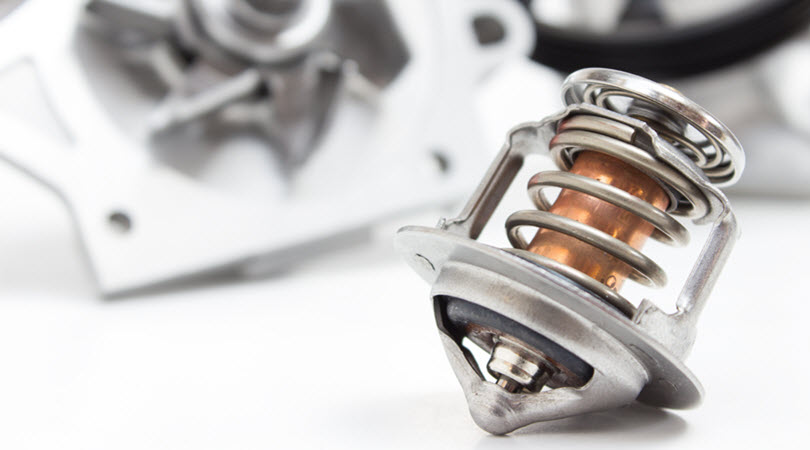
If you are a proud owner of a Mercedes in Los Angeles, you undoubtedly appreciate the performance, elegance, and luxury that comes with it. But one aspect of your car that may not be at the forefront of your mind is the thermostat. Despite its seemingly unassuming nature, the thermostat plays a pivotal role in ensuring your Mercedes runs optimally.
A thermostat is a modest yet indispensable component nestled within your Mercedes’s engine. Its primary function is to regulate the engine’s temperature, an aspect crucial to the performance, fuel efficiency, and overall longevity of your car. This tiny device diligently controls the flow of coolant, ensuring that your engine maintains the perfect temperature for optimal operation. However, if the thermostat encounters issues, it can wreak havoc on your car.
What Can Go Wrong in a Mercedes With a Malfunctioning Thermostat?
A malfunctioning thermostat can result in your engine overheating. This can lead to severe engine damage, potentially resulting in costly repairs that could have been easily avoided. When your engine operates either too cold or too hot due to thermostat problems, it can significantly impact your car’s fuel efficiency. This inefficiency can hit you in the pocket as you find yourself refueling more frequently.
Finally, prolonged exposure to incorrect temperature ranges can accelerate engine wear, ultimately diminishing the lifespan of your beloved Mercedes. This may also affect the resale value if you decide to sell it in the future.
Reasons to Quickly Replace Your Mercedes Thermostat
Replacing a malfunctioning thermostat ensures that your engine operates within the ideal temperature range, thereby optimizing your Mercedes’s performance. This not only enhances its power but also provides a smoother and more efficient ride.
A well-functioning thermostat helps your car achieve better fuel economy. This, in turn, results in savings at the gas pump and a reduced environmental footprint. By averting overheating and reducing wear and tear on your engine, a new thermostat indirectly contributes to the overall longevity and value of your car.
What To Do When You Suspect Mercedes Thermostat Problems
Should you suspect that your Mercedes is grappling with thermostat issues, you need to take immediate action. After you have your car thoroughly examined by professional mechanics to diagnose the issue, they will replace the faulty thermostat with a high-quality, compatible component to ensure your car runs smoothly and efficiently.
A comprehensive inspection should be included in this service to ensure that no other related problems are lurking in the shadows. This meticulous approach guarantees the overall health of your car. To ensure the longevity of the repair, your mechanic should use only top-notch OEM (Original Equipment Manufacturer) or approved replacement parts.
Finding the Right Mechanic For Your Mercedes Thermostat Repair
When it comes to replacing a malfunctioning Mercedes thermostat in Los Angeles, it can be difficult to find a trustworthy repair shop that will help you maintain the safety and value of your car. Here are a few things to look for before making your decision:
- Mercedes Expertise: Your mechanic should specialize in all things Mercedes, ensuring your car receives the specialized care it deserves.
- Customer-Centric Approach: Your chosen repair shop should place your satisfaction at the forefront of their services and consistently strive to exceed your expectations.
- Convenient Location: A trusted mechanic in Los Angeles will be easily accessible to Mercedes owners in the region, making your car’s care as convenient as it is effective.
- Timely Service: Your mechanic should understand the urgency of getting your car back on the road swiftly, working efficiently to ensure your car is road-ready as soon as possible.
Don’t Ignore Your Malfunctioning Mercedes Thermostat: Call Us Today
A malfunctioning thermostat in your Mercedes 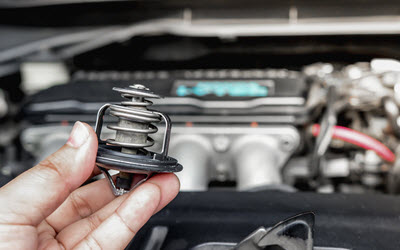 is a problem that should never be underestimated. It directly affects your car’s performance, fuel efficiency, and overall lifespan. Replacing it promptly and expertly is imperative, and for Mercedes owners in Los Angeles, CA, Carotech Automotive is the ultimate destination.
is a problem that should never be underestimated. It directly affects your car’s performance, fuel efficiency, and overall lifespan. Replacing it promptly and expertly is imperative, and for Mercedes owners in Los Angeles, CA, Carotech Automotive is the ultimate destination.
Don’t compromise on the quality of your car’s care; choose Carotech Automotive for all your automotive needs. We invite you to contact us today to schedule a diagnosis and thermostat replacement. Our team of expert mechanics in Los Angeles, California, is prepared to ensure your Mercedes runs at its best.

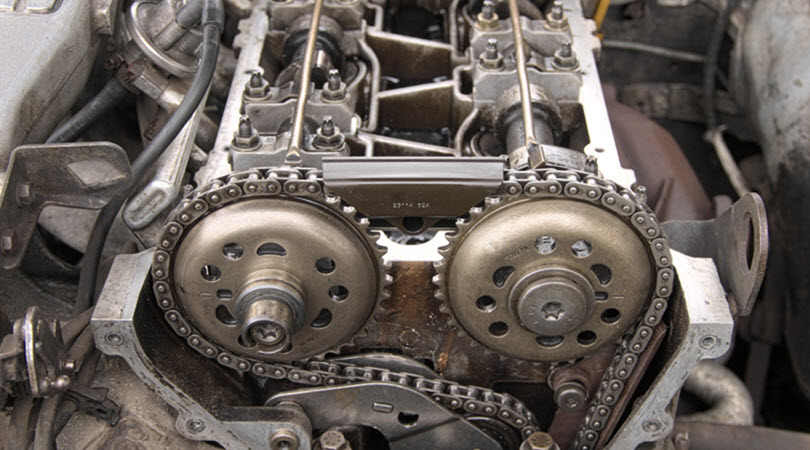

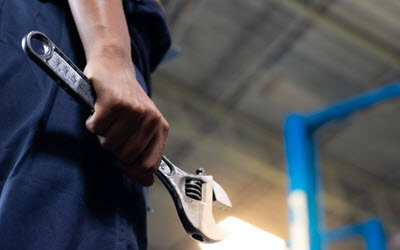 as a lesson in the importance of diligent vehicle maintenance. Through awareness, regular maintenance, and proactive responses, such challenges can be navigated effectively. At
as a lesson in the importance of diligent vehicle maintenance. Through awareness, regular maintenance, and proactive responses, such challenges can be navigated effectively. At 
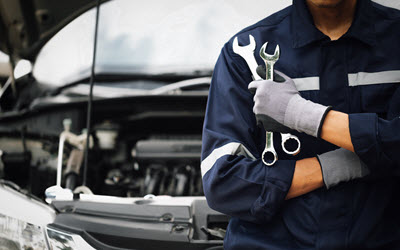 in your BMW, you can trust our technicians at Carotech Automotive. We stand as the premier choice for BMW drivers in Los Angeles, CA, and its surrounding areas. Our skilled technicians are well-equipped to diagnose, troubleshoot, and resolve any electronic problem your BMW may encounter, ensuring that your driving experience remains safe and enjoyable. Get in touch with us today and let us help you get back on the road with confidence.
in your BMW, you can trust our technicians at Carotech Automotive. We stand as the premier choice for BMW drivers in Los Angeles, CA, and its surrounding areas. Our skilled technicians are well-equipped to diagnose, troubleshoot, and resolve any electronic problem your BMW may encounter, ensuring that your driving experience remains safe and enjoyable. Get in touch with us today and let us help you get back on the road with confidence.
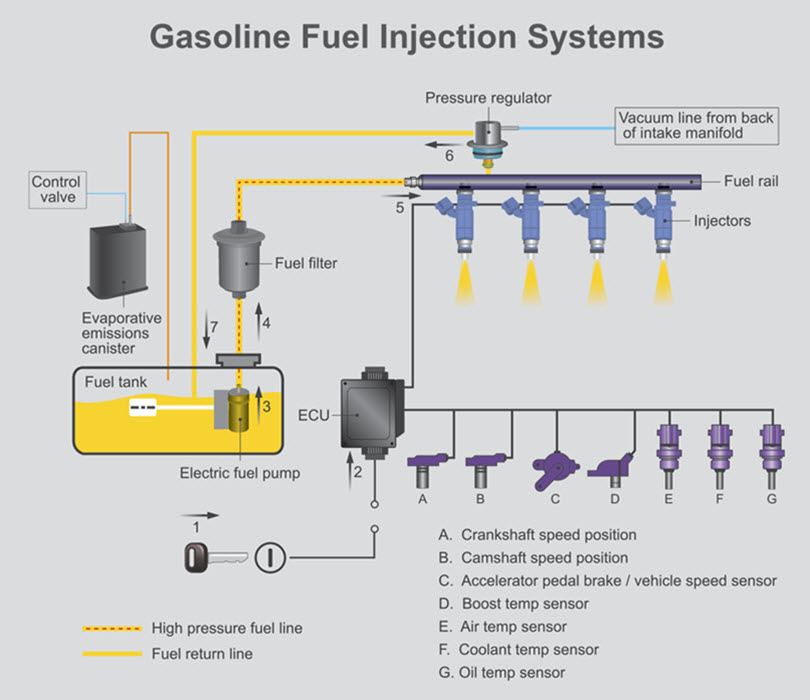

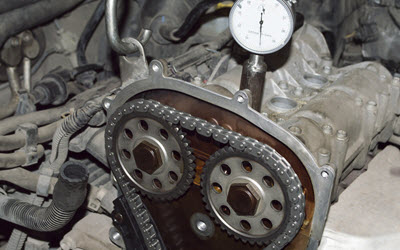 engineering, even the smallest components play a significant role. The Mini Variable Valve Timing system may be diminutive in size, but its impact on your car’s performance is substantial. Timely attention to VVT issues is paramount to ensure your car operates smoothly, efficiently, and in an environmentally responsible manner.
engineering, even the smallest components play a significant role. The Mini Variable Valve Timing system may be diminutive in size, but its impact on your car’s performance is substantial. Timely attention to VVT issues is paramount to ensure your car operates smoothly, efficiently, and in an environmentally responsible manner.
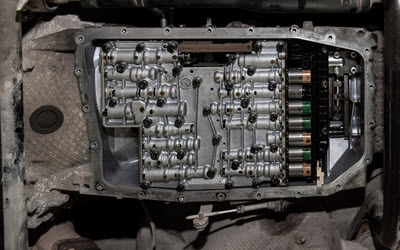 for the optimal performance of your Porsche. If you’ve noticed any signs associated with valve body failure, don’t hesitate to bring them to our workshop at Carotech Automotive. We understand how transmissions in Porsche work, and our team of skilled technicians is equipped with the state-of-the-art tools necessary to diagnose and repair any problems related to the transmission valve body.
for the optimal performance of your Porsche. If you’ve noticed any signs associated with valve body failure, don’t hesitate to bring them to our workshop at Carotech Automotive. We understand how transmissions in Porsche work, and our team of skilled technicians is equipped with the state-of-the-art tools necessary to diagnose and repair any problems related to the transmission valve body.
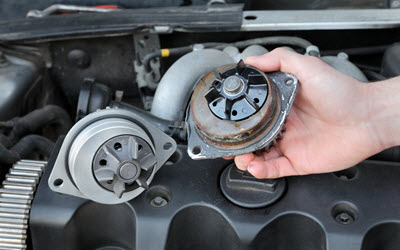 avoid costly repairs. Visual inspections, scheduled maintenance visits, and professional assistance should all help lower the risks associated with water pump leaks.
avoid costly repairs. Visual inspections, scheduled maintenance visits, and professional assistance should all help lower the risks associated with water pump leaks.
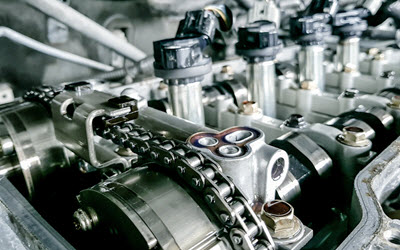 Look no further than
Look no further than 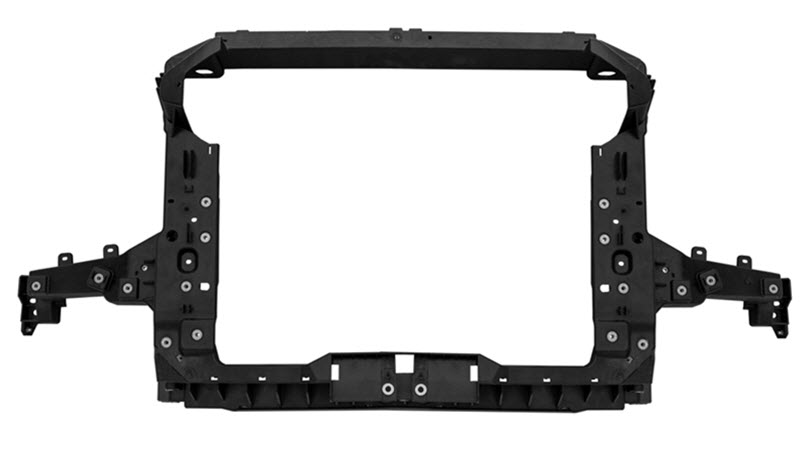
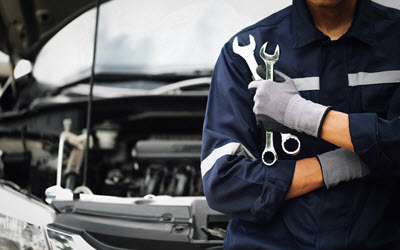 Our team of experienced technicians uses the latest factory-grade tools and equipment to provide the highest quality repair services.
Our team of experienced technicians uses the latest factory-grade tools and equipment to provide the highest quality repair services.



Recent Comments